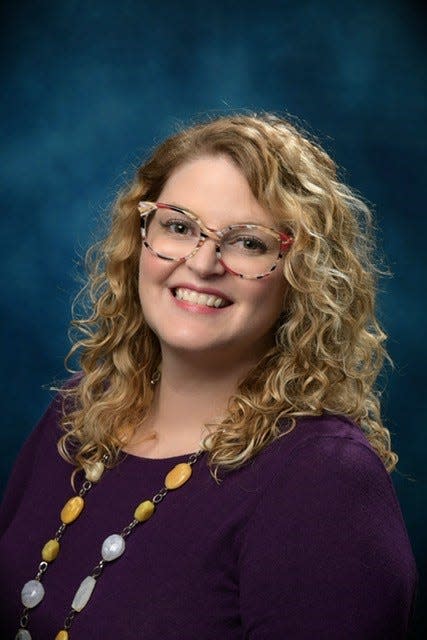Many of us say in jest, 'I have OCD.' Here's why that trivializes mental illness.
We’re all guilty of it. In jest someone says she has OCD when pointing out her excessive neatness or says she has ADHD if she’s unfocused and hyper. The other day I told my husband I had PTSD while putting air in my tires (long story), but as soon as I said it, I cringed.
Why do we do that? We have become so desensitized that we throw out abbreviations that seem harmless, but it’s serious business. For people (like me) who struggle with these mental health conditions, it’s disheartening to hear our diagnoses used so flippantly. Our diagnoses lose meaning, and this adds to the stigma of mental illness — usually when people talk about having a mental condition they don’t have, it’s incorrect information that spreads. And we must fight hard to gain back our ground — to be seen as legitimate and as human beings, not just a (misunderstood) illness.
When I said I had PTSD, I didn’t think about the almost 9 million people with it (NAMI.org). About 37% of those with PTSD are classified as having severe symptoms, and women are significantly more likely to experience it than men.
Note that PTSD can develop after a traumatic event that is beyond a typical stressor, such as a violent assault, natural/human-caused disasters, accidents, combat and other forms of violence. About half of all U.S. adults will experience at least one traumatic event in their lives, but most do not develop PTSD. People who experience PTSD may have persistent, frightening thoughts and memories of the event(s), experience sleep problems, feel detached or numb, or may be easily startled. In severe forms, PTSD can impair a person's ability to function at work, at home and socially (National Institute of Mental Health).
There’s nothing about putting air in your tires. I’m ashamed of myself.
I never want to trivialize someone’s mental health condition. I certainly don’t like when people do that to me. When I’m out, I hear others say, “I’m so depressed,” and while I do understand that most people are using hyperbole, it makes me flinch. I don’t have the monopoly on being depressed, but I have had a long journey. My recovery has not been smooth sailing — not all the time, at least.
I’ve been hospitalized, twice. I had more than 30 electroconvulsive treatments in three years. I have cried so, so many tears. I’ve been suicidal more times than I can count. I’ve had to let go of all my trusted coping skills because, as it turns out, they were killing me. But I grew where I didn’t know I could grow. And I’ve told my deepest, darkest secrets in a newspaper column — what a release. I even found new coping skills.
Will a 20-year-old who says he’s depressed over his incorrect Starbucks order understand that?
Actually, I hope he never does.
I hope none of you do.
The next time a diagnosis you don’t have is about to slip your lips, please rethink it. Or if you hear someone talk or joke about “being OCD,” having PTSD or being depressed, please speak up. Think of those of us who struggle with our mental health condition every day.
We deserve to be seen and heard — and validated — as human beings with a real mental health condition that’s really understood.

For more than 20 years, Heather Loeb has experienced major depression, anxiety and a personality disorder, while also battling the stigma of mental health. She is the creator of Unruly Neurons (www.unrulyneurons.com), a blog dedicated to normalizing depression and a member of state Rep. Todd Hunter’s Suicide Prevention Taskforce.
MIND MATTERS
Now more than ever we need to take care of our mental health. Guest columnist Heather Loeb discusses why and explores other important mental health topics in this special series.
This article originally appeared on Corpus Christi Caller Times: Mental Health Matters: Here's how many of us trivialize mental illness
